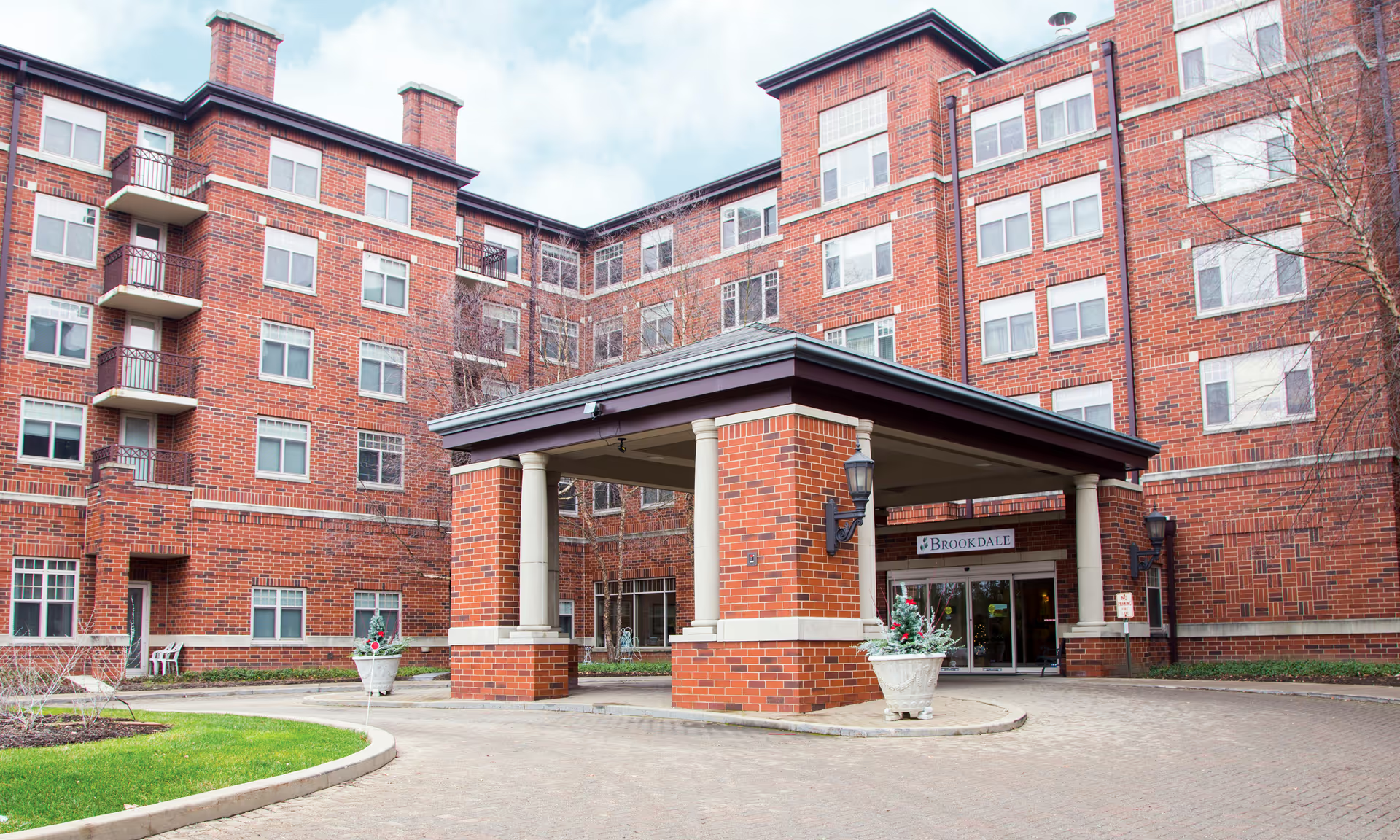Overall sentiment: The dominant theme across the reviews is a strongly positive view of Curry House centered on its staff, cleanliness, dining, activities and memory‑care services. A large majority of reviewers praise the caregivers and nursing staff as compassionate, attentive and personally invested in residents’ well‑being; multiple reviewers name individual employees (e.g., Nina Fields, Valerie, Rae Berwald, Betty, Hettie, Kallie, chef Lori) for going “above and beyond.” Long‑tenured staff and consistent caregivers are frequently cited as contributors to resident happiness, and many families describe a family‑like culture in which staff know residents’ preferences and create personal connections. Cleanliness, prompt maintenance, and a generally well‑kept facility are also repeatedly emphasized, with descriptors such as “spotless,” “very clean” and “well‑maintained.” Many reviewers highlight the facility as safe and secure, including strong COVID‑19 precautions implemented during the pandemic.
Care quality and clinical issues: Reviews generally indicate good, compassionate care and specialized support for memory‑care residents. Multiple comments reference on‑site therapy services (occupational, physical, speech) and an organized memory care wing or pathways with staff educated in dementia care. That said, there are several significant negative anecdotes that contrast with the majority view: a minority of reviewers describe serious clinical concerns — medication distribution errors (some later remedied), a nurse suggesting hospice or implying a resident was “not worth taking care of,” and at least one situation where a hospital visit was required to correct an acute medical problem. These severe reports are not the majority but are important patterns: they indicate variability in clinical judgment and consistency, and a small number of families experienced outcomes they judged as neglectful or inappropriate. Several reviewers note occasional understaffing or inexperienced caregivers, which can compound clinical risks.
Staffing, communication and consistency: While many reviews applaud staff responsiveness, warmth and the presence of long‑term employees, there is a recurrent concern about turnover and inconsistent staffing. Some families report that past staff were excellent but changes have led to a decline in quality for their loved ones. Communication with families is another mixed area: numerous reviews praise good communication and prompt callbacks, while others say updates are limited, family communication needs improvement, or questions about resident progress go unanswered. These mixed reports suggest that experiences vary by unit, shift, or time period; families should expect strong interpersonal care in many cases but also verify current staffing and communication practices.
Facilities, amenities and dining: Facility features receive strong praise. Reviewers frequently mention attractive common areas, a central dining room that supports socialization, salon and laundry services, transportation, a snack bar, and ample outdoor space including courtyards and private patios for some units. Apartment options including studios, one‑bedroom units and kitchenette/patio layouts are appreciated, and several reviewers note that units feel cozy and are well taken care of. Dining receives particularly positive notices — restaurant‑style meals, variety, good breakfasts, and a chef who is singled out for good food. Dietary accommodations (e.g., for diabetes) are also cited positively.
Activities and social life: Activity programming is a clear strength. Reviewers describe a wide range of activities (exercise classes, bingo, outings, gardening) and praise an activities director who creates social opportunities and stimulation. There are many accounts of residents enjoying friendships, daily engagement and a lively social environment, including community outreach and “on‑the‑road” lunch programs.
Negative patterns and risks: The most consequential negatives are variability and a small but vocal set of serious complaints. Issues include medication errors, occasional poor medical decision‑making, reported delays in checking residents (including concerns about fall monitors and slow checks), missing personal items after move‑in, and reports of rude or allegedly abusive staff (specific names were mentioned in a few reviews). Forced moves and transition handling upset some residents and families. Cost is a recurring concern for some families — a few reviewers worry about affording continued care. There are also comments about some rooms being small, a lack of private/solitary spaces in newer layouts, and the facility’s location being inconvenient for some.
Overall assessment and pattern: The preponderance of reviews describe Curry House as a caring, clean, well‑managed community with strong dining, activities, memory‑care options and staff who form genuine relationships with residents. However, a nontrivial minority describe experienced lapses in clinical practice, communication, or staffing that led to serious concerns. The net picture is one of generally high quality and many strong individual staff members and programs, tempered by variability in consistency and some incidents that warrant attention.
Implications for prospective families: If you are evaluating Curry House, the reviews suggest it is worthwhile to tour the facility, meet the staff (including those named positively), and ask targeted questions about current staffing ratios, medication administration procedures, family communication protocols, incident reporting, and how transitions are handled. Confirm pricing and financial planning details up front. Given the mix of overwhelmingly positive reports and isolated but serious negative experiences, due diligence—focused on current staffing stability and clinical oversight—will help determine whether Curry House’s strengths align with your loved one’s needs.







